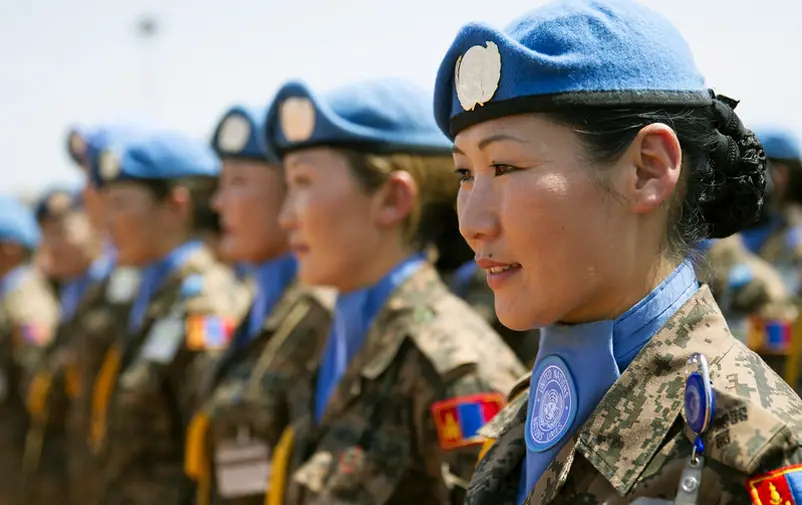FBA releases new research brief on mission leadership
What does research tell us about strategic civil-military leadership in UN integrated missions? The recent FBA research brief "Mission Leaders: An Evidence-based Assessment” presents seven policy recommendations.The Folke Bernadotte Academy is strongly committed to contributing to peace, security and development using research and evidence. One of many way ways in which FBA expresses this mandate, is by funding research by external academics, both members of FBA’s International Research Working Groups and other scholars. This has contributed to several practically relevant research insights throughout the years.
We are now happy to announce the publication of an FBA Research Brief based on the FBA funded study by Chiara Ruffa, Lisa Ekman and Linnéa Gelot on civil-military relations (CMR) in international conflict management. Senior Lecturer Linnéa Gelot – who is also an International Research Working Group member – has collected some of the main insights from this larger project in the digitally published “Mission Leaders: An Evidence-based Assessment”, now available online for all.
How to strengthen civil-military leadership
The brief focuses on the strategic leadership dimension of senior civil-military relations in UN peace operations and explores what fosters mission cooperation, particularly in integrated missions. It presents seven interesting policy recommendations, summarized below. We invite you all to learn more about the nuances and empirics behind these recommendations in the full brief online.
- Provide specific, realistic training contextualized to UN missions.
- Cultivate adaptive leadership with future-oriented skills.
- Develop a best practices inventory for prioritizing tasks clearly.
- Strengthen cohesive civil-military leadership dynamics to boost mission effectiveness.
- Prioritize flexible, relationship-building traits when selecting mission leaders.
- Integrate gender mainstreaming sustainably at senior leadership levels.
- Adapt leadership strategies carefully to conflict-specific local contexts.







 >
> >
>

